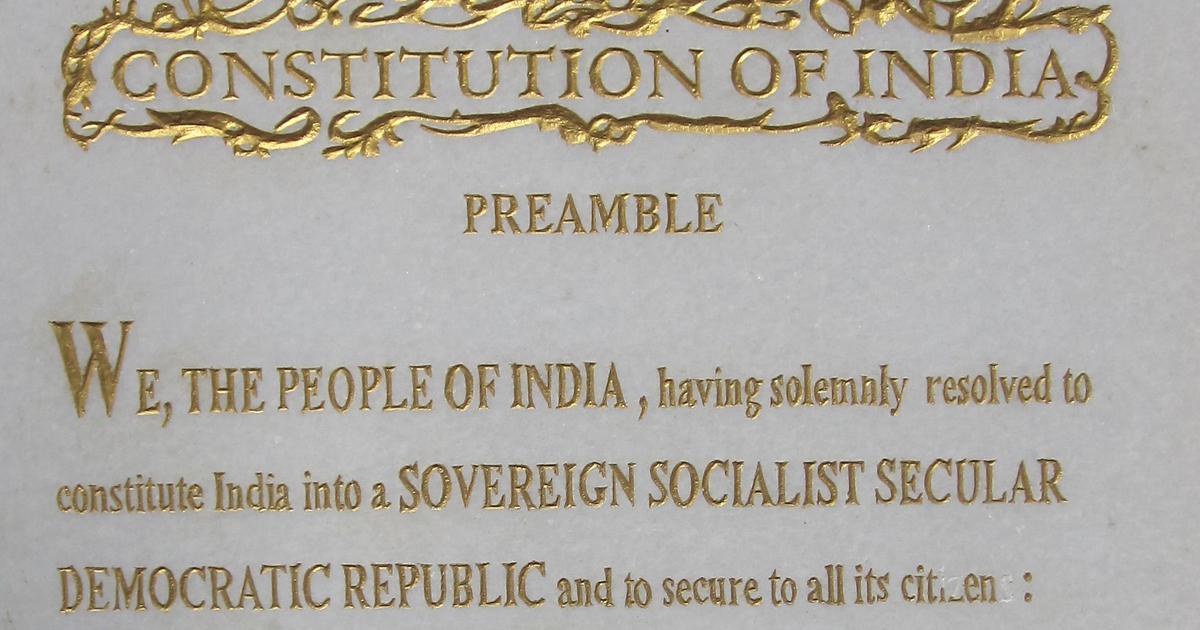42nd Constitutional Amendment, 1976 made the following changes to the Indian Constitution
Preamble
- It added 3 new words to the Preamble
- Socialist
- Secular
- Integrity
Fundamental Duties
• PART IV A was added to the Constitution (Article 51 A).
• Recommendation of the Swaran Singh Committee
Directive Principle of State Policy
- Four new directive principles were added
- To secure opportunities for the healthy development of children (Article 39)
- Enabling free legal aid Article39A.
- Protection of workers in factories Article 43A.
- Protection of the environment and safeguarding Forest and Wildlife Article 48A.
- Directive Principles were given precedence over Fundamental Rights and any law made to this effect by the Parliament was kept beyond the scope of judicial review by the Court.
Legislature
- Life of Lok Sabha and State Legislative Assembly was extended from 5 to 6 years.
Judiciary
- Made the constitutional amendments beyond judicial scrutiny.
- Curtailed the judicial review power of the High Courts.
- Insertion of Article 32A in order to deny Supreme Court the power to consider the Constitutional validity of State law.
- Another new Article 131A gave the Supreme Court an exclusive jurisdiction to determine questions relating to the Constitutional validity of central law. Provided for the creation of the All-India Judicial Service.
Executive
- Article 74(1) was added, which made the President bound by the advice of the cabinet.
- Gave special discriminatory powers to the speaker of Lok Sabha and Prime Minister (Article 329A).
Federal
- Insertion of Article 257A, to enable the Centre to deploy armed forces to deal with any grave situation of law and order arising in any State.
- Empowered the Parliament to make laws to deal with anti-national activities and such laws are to take precedence over Fundamental Rights.
Emergency
- It authorized the President to declare an emergency in any part of the country.
Articles 323A and 323B, Part XIV-A
- Part XIV-A added entitled as ‘Tribunals dealing with Administrative matters’ and ‘Tribunals for other matters'.
Subjects to Concurrent List
- Transferred five subjects to Concurrent List from State List, that is,
- Education,
- Forests,
- Weights and measures,
- Protection of wild animals and birds, and
- Administration of justice;
- Constitution and organisation of all courts except for the Supreme Court and the high courts.









No comments:
Post a Comment